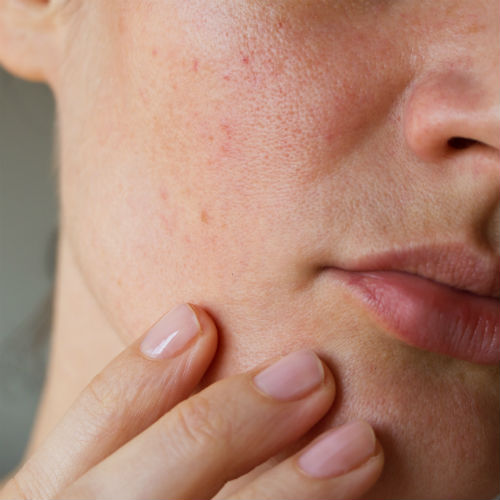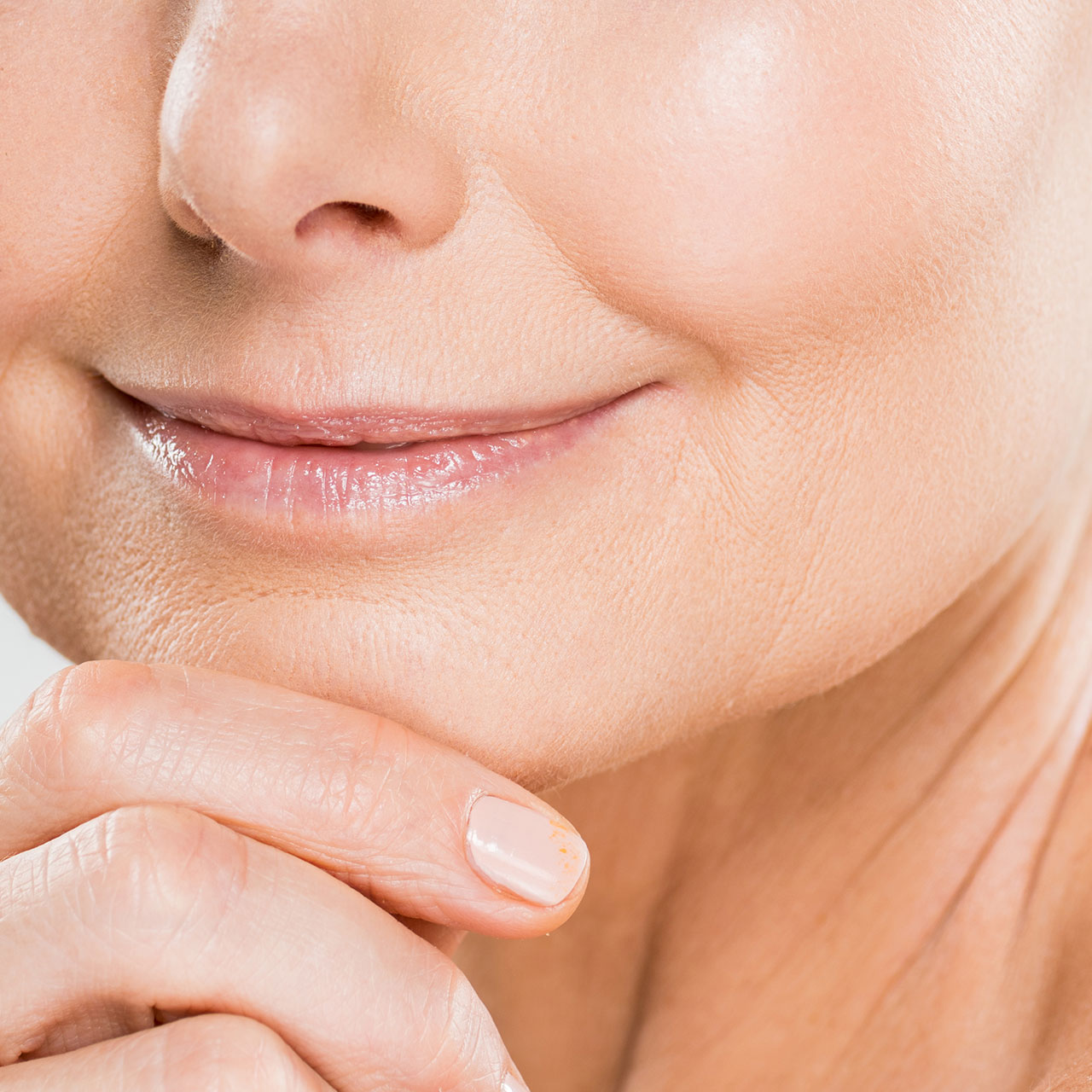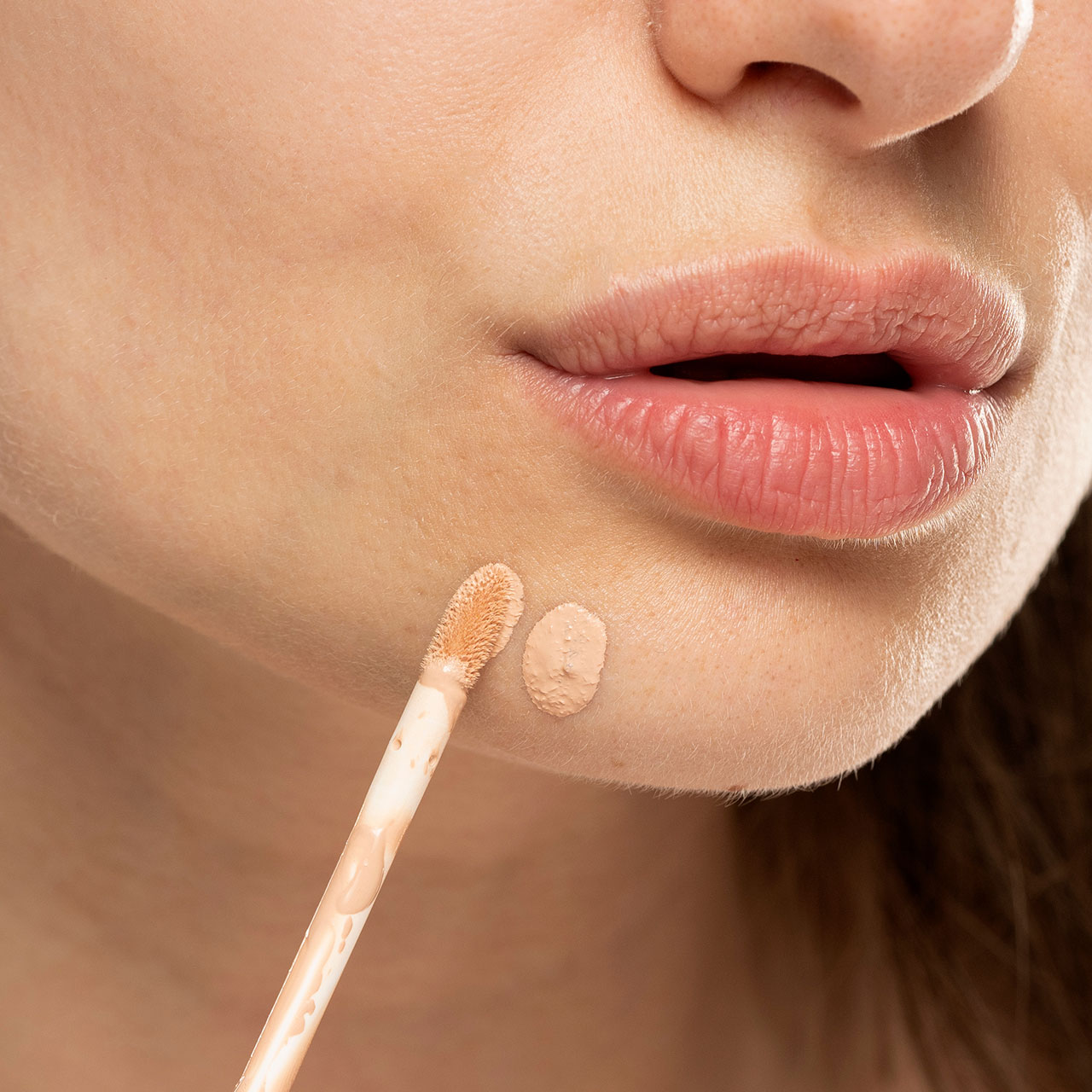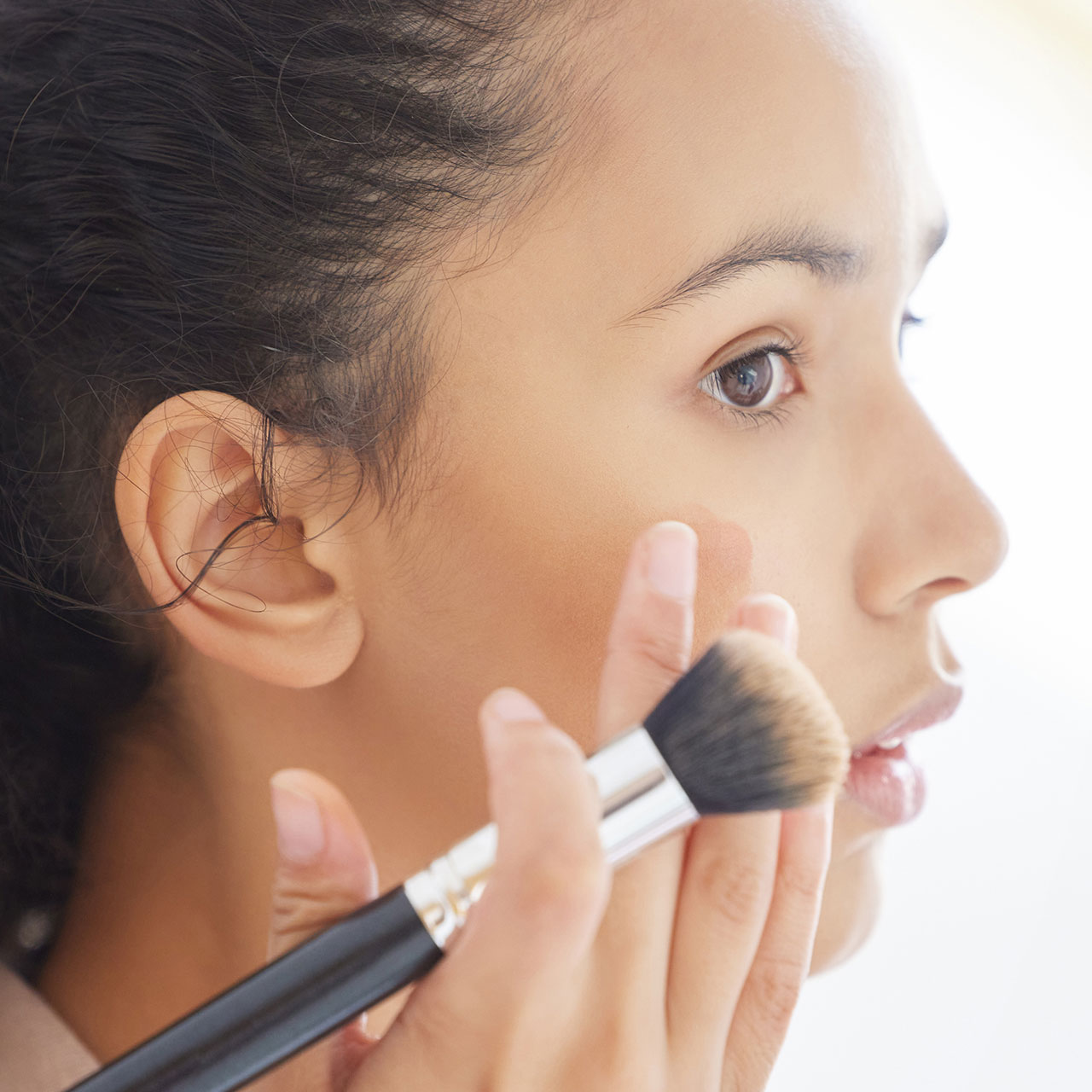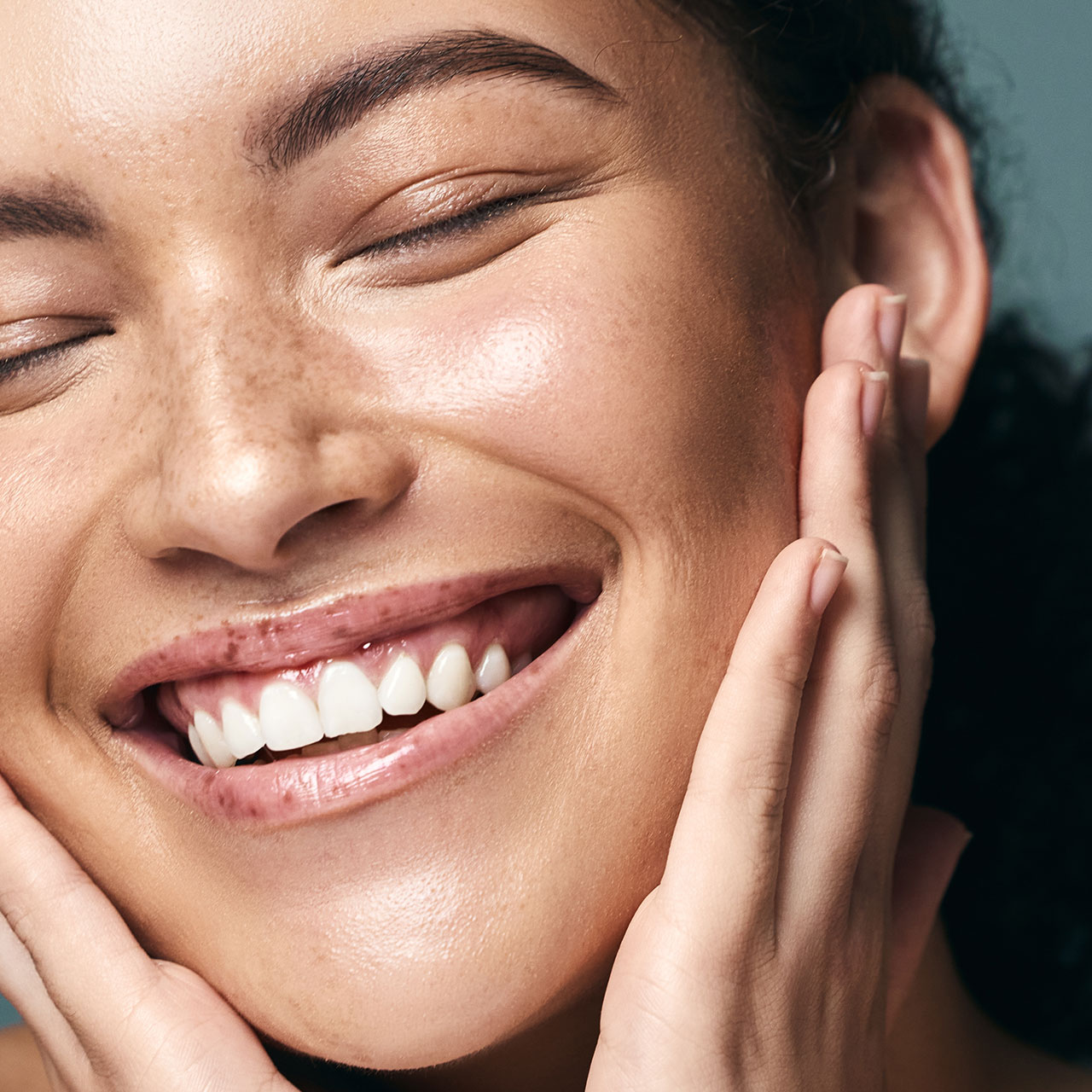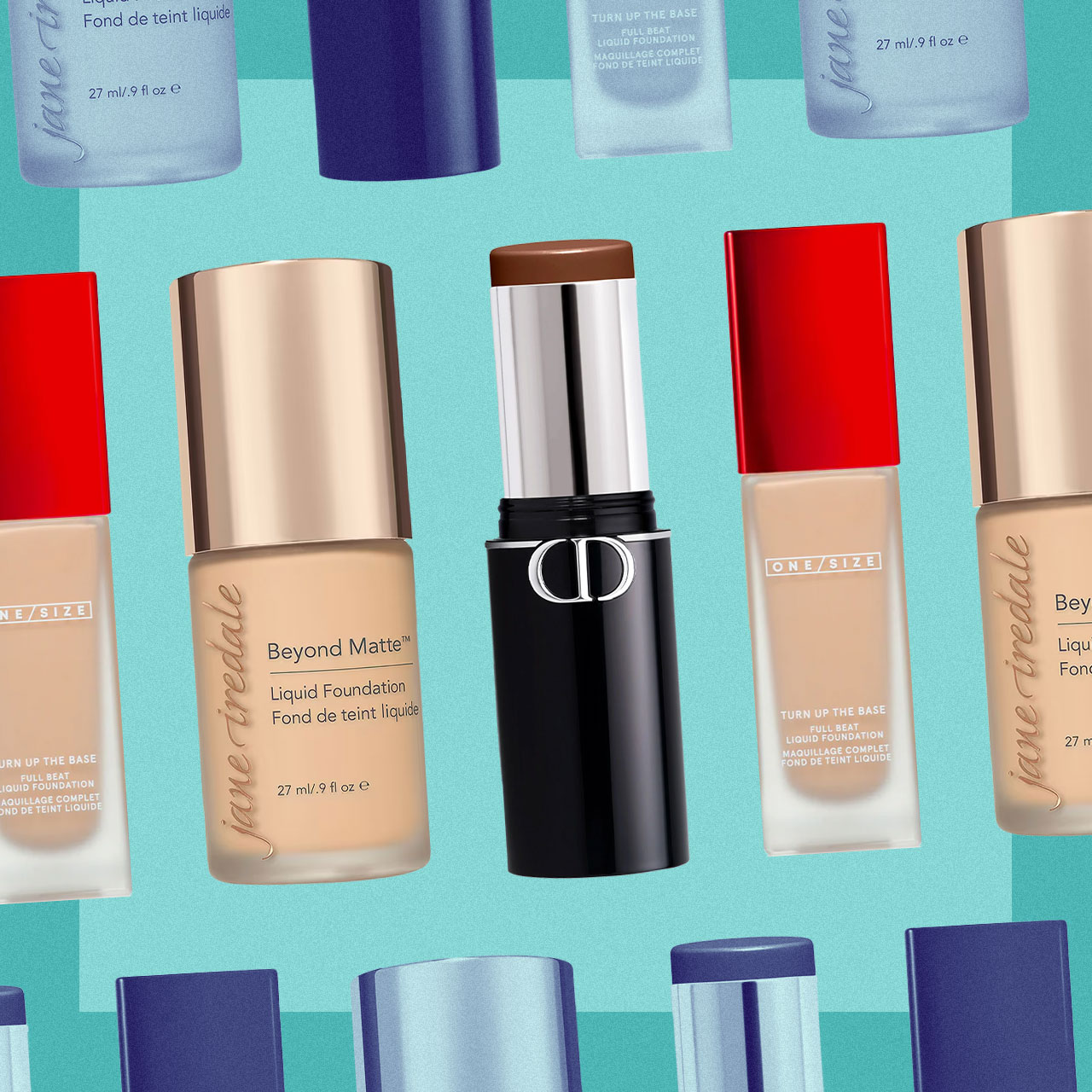This is an archived article and the information in the story may be outdated. Please check the time stamp on the story to see when it was updated last.
When you have oily skin, breakouts often follow in an endless cycle of skincare nightmares. We’ve all had those moments where we looked in a mirror halfway through the day and saw an oil slick instead of a face. If this sounds like you, you’ve probably tried every product and at-home remedy on the internet. But while a good skincare regime is definitely needed to help fight breakouts and overactive oil production, the cause of your oily complexion may not be the products you’re using on your face.
“A clear complexion isn’t just based on what you put on your face, but also what you put in your body,” explains Dr. Howard Sobel, a leading Cosmetic Dermatologist in NYC and owner of Sobel Skin. “Food that is technically ‘healthy’ for your body isn’t always good for acne-prone skin. This is such a common mistake from clients thinking that they are eating ‘healthy,’ but still breaking out.”

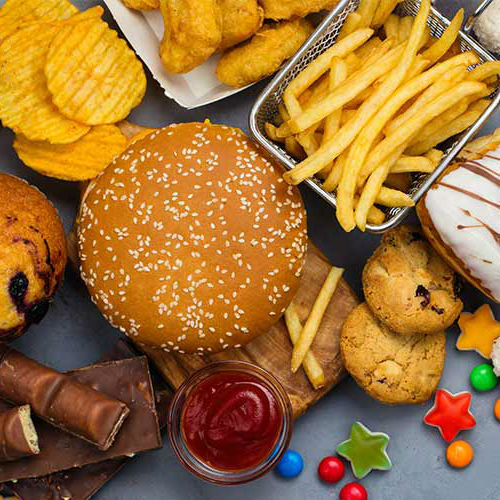
While every person is different and what works for one person’s skincare concerns may not work for others, Dr. Sobel has a few foods you should avoid in an effort to combat the issue.
“Limit foods such as coconut oil that can really clog your pores. Bars and drinks that are high in whey protein can also cause outbreaks,” said Dr. Sobel. “Definitely cut out foods that raise blood sugar. High-sugar foods increase hormone levels, which is one of the leading causes of acne.”

If you're used to not eating foods that are high in sugar but still encounter an extremely oily complexion, another common food group in your diet could be the cause of your skincare troubles.
“Dairy is one of the worst foods people with acne-prone skin can eat because it not only clogs pores but also increase hormone levels,” explained Dr. Sobel.
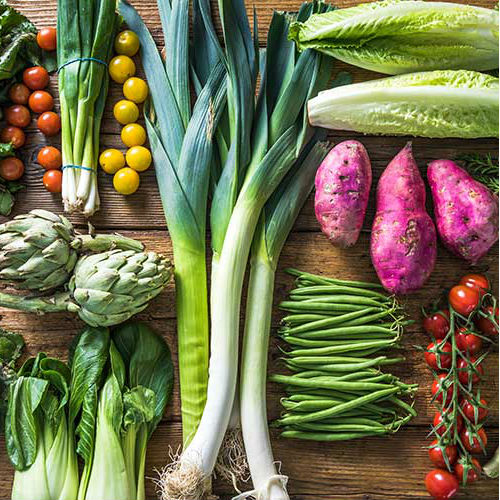
Refined carbohydrates are also on Dr. Sobel’s list of foods to avoid because they’re processed with sugars and saturated fats which irritate your skin cells.
“To help heal acne and relieve inflammation, eat foods high in probiotics like kombucha, high in Omega-3 fatty acids like salmon, tuna, and walnuts, a good source of antioxidants including dark leafy greens, vegetables and berries, and foods with zinc including cashews and almonds,” said Dr. Sobel. “Water-based foods will help maintain hydration in your skin including watermelon and cucumbers, and of course, drinking plenty of water is key.”
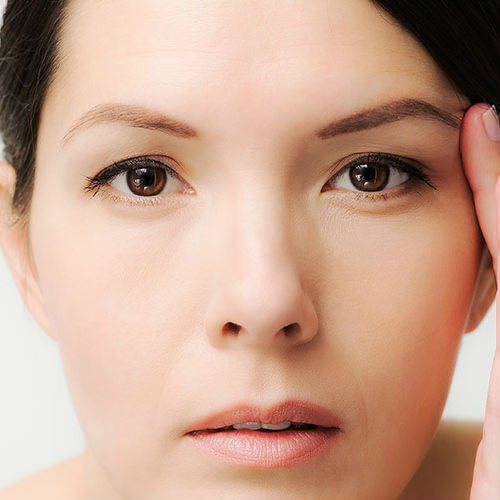
So if you have extremely oily skin, here’s your ticket to avoiding breakouts and minimizing oil: drink lots of water, eat foods that are high fiber, Omega-3 fatty acids, and zinc, and take a daily probiotic if your diet isn’t naturally filled with them.





